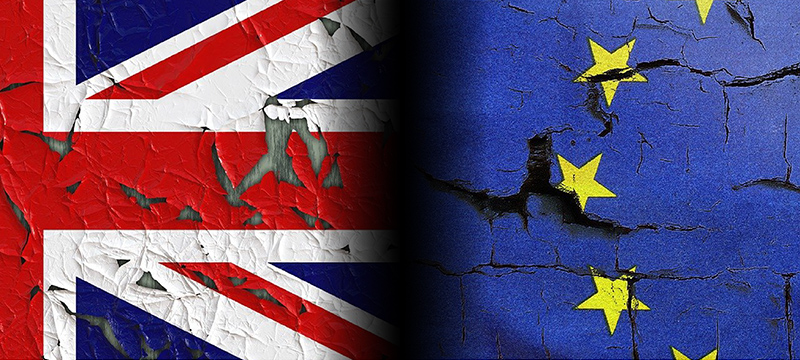Brexit: Trade Deals achieved so far.
UK trade ministers have been developing trade relationships with both the EU and non-EU countries since the UK voted to leave the single market in 2016. It took the UK and EU four long and ominous years before an agreement could be made right before the UK’s departure on 1st January 2020.
Negotiations have aimed to encourage a free-trade deal between the UK and new markets, making it cheaper for both countries to import and export goods and services. This is achieved by reducing or eliminating tariffs for goods crossing borders, ultimately a government tax on top of the good’s price.
And it’s not just tariffs that get placed under review, quotas and regulations are other examples of red tape that can hinder the possibility of trade between two countries i.e., limits on the number of goods that can be traded or if the regulation is as particular as the EU’s, the shape of a banana.
However, removing too many obstacles can threaten jobs and damage the industry through cheap imports that undercut, for example, farmers joint of beef. Therefore, the government may opt to place tariffs on certain goods.
So, where have we got so far with negotiations?
Trade with the EU
The deal reached between the UK and the EU, permanent and temporary, allowing both markets to trade without harsh tariffs. This was important for the UK as the EU is our largest trading market. But as good as this may sound, still requires imports and exports to be hindered by bureaucracy. Read further on our previous article, The New Deal in Focus.
Trade with Australia
A deal has been reached with Australia, wherein 2020 was worth £13.9 billion. It is the first trade deal that was negotiated from scratch since the UK left the bloc. Announced last month, the deal covers products such as cars, whisky and other goods made available to sell cheaper in Australia, but UK farmers worry that the deal will undercut their goods by cheap imports.
In services, the deal focuses on the recognition of professional qualifications that enable freer movement between the UK and Australia, but also enable services to be sold in either market.
More details on the deal are yet to be known since the final agreement has not yet been published.
Trade with Japan
In October last year, the UK and Japan signed a deal that rolls over the trade agreement with the EU and Japan but delves deeper into the interests of both nations. The deal came into effect this year, benefitting financial services, digital and data, food and drink, and the creative industries. It is expected to boost trade between the UK and Japan by £15 billion, in addition to £31.6 billion from 2019.
Others in the bag
Arrangements have also been made with several blocs and individual countries outside of the EU with a framework that categorises its stage in negotiations. 66 countries were rolled over from the previous arrangement in place with the EU.
36 of these are fully ratified, 26 of these are under a provisional application and 4 have a bridging mechanism.
Full ratification means that both parties have agreed upon the terms, locking trade. Provisional applications allow parties to review the terms of an agreement before full ratification, and bridging mechanisms are a non-binding agreement when either country cannot provisionally or ratify an agreement.
The Department for International Trade updated the trade agreements in effect on 1st June.
There are continued negotiations underway with the US and New Zealand, where trade was worth £192.8 billion and £2.3 billion last year. It is expected that further negotiations are underway that reflect the interests of both nations now that the UK has left the bloc.
If you’re a business and are looking to trade in new international territories in light of the expanding possibilities from trade negotiations, you may need to consider Compliance and Corporate Governance. Our Business Solicitors are on hand to talk you through everything you need to know. Learn more by visiting Corporate Law Services or call 023 8023 4433 to get started.
Disclaimer: Information on this webpage is not intended for legal purposes or advice. If you require legal advice or services you should seek a professional legal practitioner.
Get to know us!
We send weekly updates containing news articles and blogs on the latest trends happening in the UK and abroad. If you want to get to know us better, sign up below.
When you sign up for our newsletter and occasional tailored communications you agree to our Privacy Policy.




